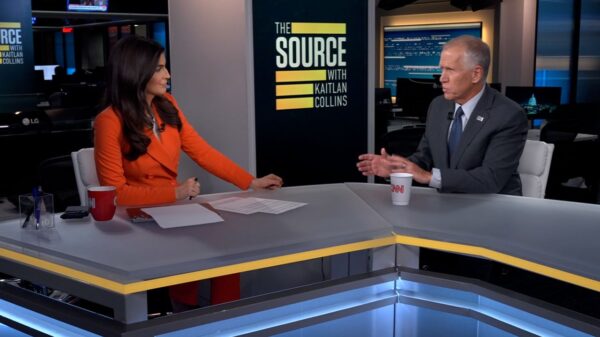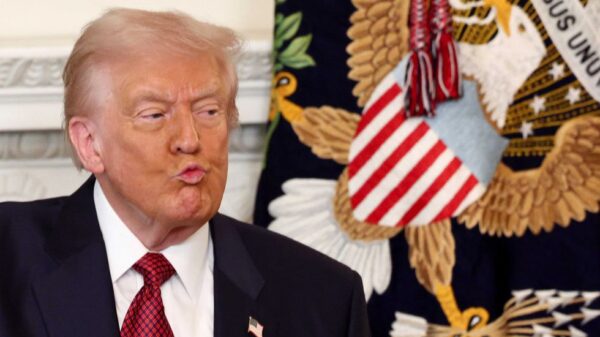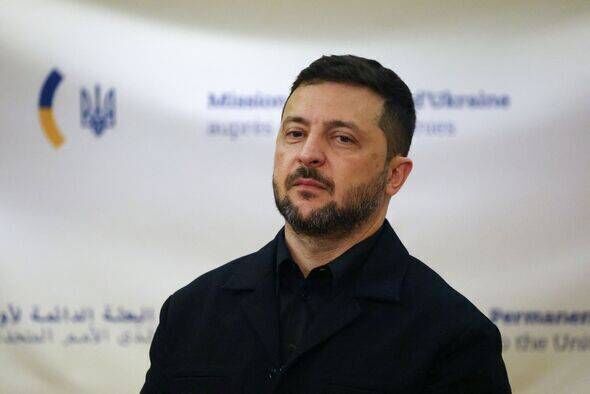Ukrainian President Volodymyr Zelensky has faced sharp criticism from Hungary following his assertion that Hungarian drones violated Ukrainian airspace. Zelensky claimed that preliminary assessments suggested reconnaissance drones were surveying the “industrial potential” of Ukraine’s western regions. This statement has drawn an intense response from Hungarian officials, who have vehemently denied the allegations.
Hungarian Foreign Minister Peter Szijjarto took to social media platform X, stating, “President Zelensky is losing his mind to his anti-Hungarian obsession. He’s now starting to see things that aren’t there.” This exchange marks a significant escalation in tensions between Ukraine and Hungary, both NATO members, as relations deteriorate over a series of contentious issues.
During a military briefing on March 15, 2024, Zelensky addressed recent drone incidents along the Ukrainian-Hungarian border. He reported that Ukrainian forces had recorded violations of their airspace, attributing the incursions to drones likely operated by Hungary. “I instructed that all available information be verified and that urgent reports be made on each recorded incident,” Zelensky stated, highlighting his government’s commitment to investigating the matter.
The recent flare-up follows Hungary’s travel ban on the commander of Ukraine’s Unmanned Systems Forces after strikes on a Russian oil pipeline impacted fuel deliveries to Hungary. In retaliation, Ukrainian Foreign Minister Andrii Sybiha announced on the same day that Kyiv had imposed an entry ban on three senior Hungarian military officials. “Our mirror response to Hungary’s earlier baseless entry ban for our military officials,” he remarked, underscoring the ongoing tit-for-tat nature of their diplomatic relations.
This spat is set against a backdrop of longstanding grievances, with Szijjarto accusing Ukraine of pursuing an “anti-Hungarian policy” for over a decade. Tensions have been exacerbated by Hungary’s continued economic ties with Russia, particularly its reliance on Russian oil and gas. Despite pressure from international allies, including Donald Trump, who recently urged NATO nations to halt purchases of Russian energy, Hungarian Prime Minister Viktor Orban remains committed to these energy imports. Orban has expressed concerns that abandoning Russian energy would have catastrophic economic consequences for Hungary.
As the conflict in Ukraine continues, Hungary stands as one of the few European nations maintaining its energy relationship with Russia since the onset of the full-scale invasion in February 2022. The diplomatic discord between Ukraine and Hungary underscores the complexities of alliances within NATO as both countries navigate their national interests amid regional tensions.





































































